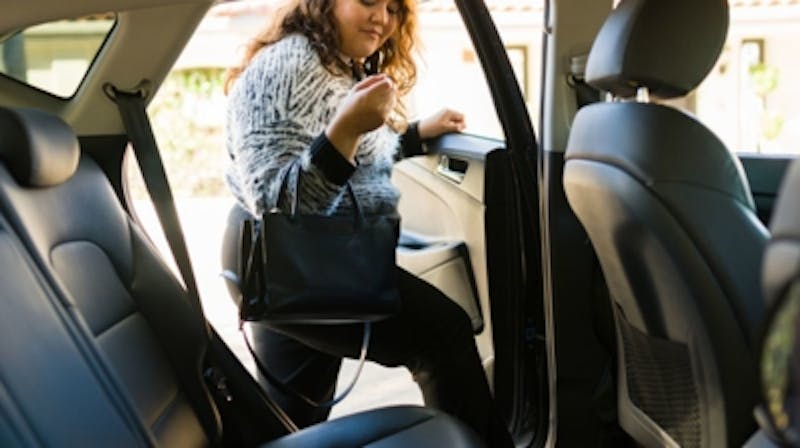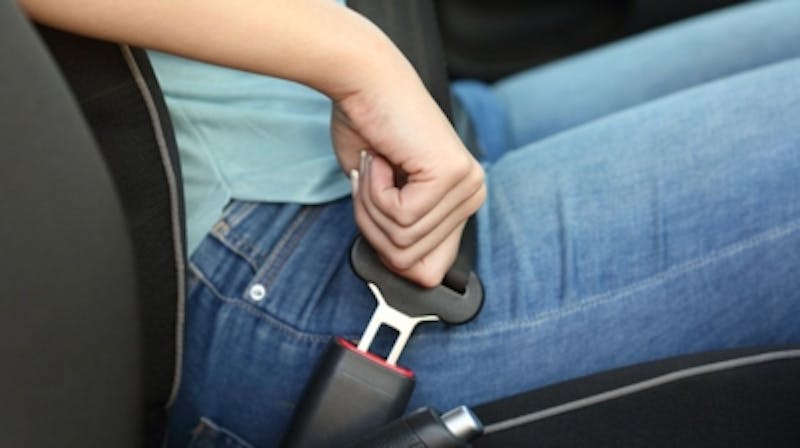22
Nov

Vehicle Accidents Due to Ice
Types of Ice on RoadsWhen winter arrives, the roads can become treacherous, especially with the presence of various types of ice. One of the most dangerous forms is black ice. This type of ice is virtually invisible, blending seamlessly with the asphalt, making it incredibly haza...
View MoreCategories: Car Accidents Personal Injury
22
Nov

Safety Tips for Taking Long Road Trips During the Holidays
Check Tire Pressure and TreadBefore embarking on a long road trip, especially during the holiday season when winter conditions can be unpredictable, it's crucial to ensure your tires are in top shape. Proper tire pressure is essential for maintaining traction and fuel effic...
View MoreCategories: Car Accidents Personal Injury
22
Nov

What Is Bad Faith Insurance?
Understanding Bad Faith Insurance Practices Definition and Legal Standards When we talk about bad faith insurance, we're referring to a situation where an insurance company fails to honor its contractual obligations to its policyholders. This breach of trust can manifest in vario...
View MoreCategory: Personal Injury
22
Nov

Combatting the Stigma Around Motorcycle Accidents: Why Representing Bike Riders Is Important
The Psychological Consequences for Riders The aftermath of a motorcycle accident can be a tumultuous time for riders, not just physically but also mentally. The stigma attached to motorcycling can exacerbate the emotional toll, potentially leading to anxiety, depression, and even...
View MoreCategory: Motorcycle Accidents
22
Nov

Peak Shipping Season Is August to October: How to Avoid Truck Accidents on the Road
Understanding Peak Shipping Season Dynamics Factors Contributing to Increased Truck Traffic As summer fades and autumn approaches, the roads begin to buzz with increased truck traffic, a clear sign that peak shipping season is upon us. This period, typically spanning from August ...
View MoreCategory: Truck Accidents
22
Nov

The Most Common Types of Work Injuries
Understanding Work-Related Musculoskeletal Disorders (WMSDs)Prevalence of WMSDs in the WorkplaceWork-related musculoskeletal disorders (WMSDs) are alarmingly common in today's labor force, affecting millions of workers across various industries. These conditions, which encompass ...
View MoreCategory: Workplace Accidents
22
Nov

What to Do If You Are Injured on Vacation This Summer
Insurance Coverage and Claims Travel insurance is your safety net when you're away from home, but understanding the nuances of your policy is crucial. Before you embark on your travels, make sure you know what is covered and what isn't. In the event of an injury, having clear kno...
View MoreCategory: Personal Injury
22
Nov

What to Do If You Have Been Involved In a Rideshare Accident
Immediate Actions Post-AccidentSafety First: Ensuring Everyone's Well-beingIn the chaotic moments following a rideshare accident, your safety and the well-being of those involved should be your paramount concern. Before diving into the logistics of insurance and legalities, take ...
View MoreCategory: Car Accidents
22
Nov

Beware the "100 Deadliest Days of Summer"
Understanding the "100 Deadliest Days of Summer" The phrase "100 Deadliest Days of Summer" might sound like a tagline for a blockbuster movie, but its implications are very real and sobering. This term refers to the period between Memorial Day and Labor Day, a stretch of time tha...
View MoreCategories: Car Accidents DUI
22
Nov

Common Causes of Boating Accidents
Operator Inattention Boating requires the full attention of the operator, yet distractions are abundant. Onboard electronic devices, engaging conversations, and various activities can easily divert an operator's focus from the task at hand. The allure of a smartphone's ping or th...
View MoreCategory: Personal Injury
22
Nov

Who Can File a Wrongful Death Lawsuit?
Eligibility Criteria for Filing a Wrongful Death ClaimImmediate Family Members' RightsWhen the unthinkable happens, and a family is faced with the loss of a loved one due to another's negligence, understanding who can seek justice through a wrongful death claim is crucial. Typica...
View MoreCategory: Wrongful Death
22
Nov

How to Choose the Right Personal Injury Lawyer
Understanding Your Personal Injury Case Nature of Personal Injury Claims When you've been injured due to someone else's negligence, the path to compensation can seem fraught with complexity. Personal injury claims are legal disputes that arise when one person suffers harm from an...
View MoreCategory: Personal Injury

